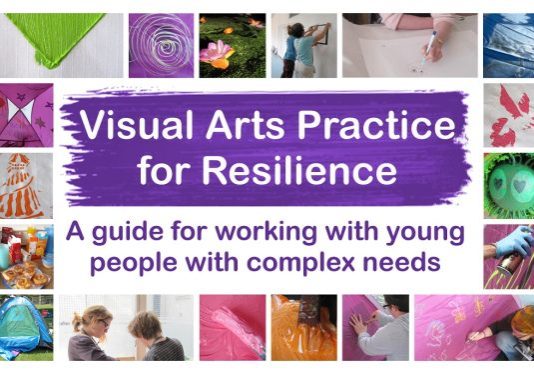Here in the Boingboing / CRSJ / Resilience Revolution community we encourage each other and our pals to write to our MP’s when we think important changes need to happen in our communities. To help you to give it a go, we’ve put together this guide on how to lobby your MP.
How to lobby your MP

Related Resources

The Insiders’ Guide parent carer support course
Parenting has got to be one of the hardest jobs there is – and it’s tougher when you have a child with additional needs such as a disability, special educational need, complex health or behaviour issue.

The Resilient Classroom Resource
This resilient classroom resource was created and developed to provide practical help for tutors and other pastoral staff and is suitable for use in the tutor group setting. It supports the tutor group structure and helps build relationships between tutors and students. Students and heads of years have been involved, through consultation and participation, in providing useful and appropriate exercises.
